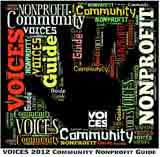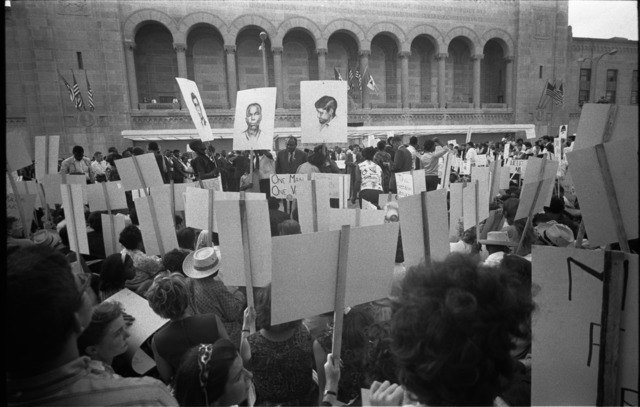Search Voices
User login
Get Voices by Email
Recent blog posts
- Remember the fallen and Honor the Heroes of 9/11: 15th Anniversary performance of Mozart's Requiem
- Stevieslaw: A good kick in the pants
- Good Spirits! The Annual Art Auction and Wine Tasting benefit for the Art Alliance
- Republicans draw the line at beheadings
- Stevieslaw: Dear John Q. Public
- Senate Signs off on gun control measure
- Republicans take a page from the Lord of the Rings
- The Outhouse of the True Conservative
- Enabling Trump
- NAFF16 Seeking Artists and Craftsment!
Other Recent Articles
UPCOMING EVENTS
-
Sunday, August 12, 2018 - 4:00pm - 6:00pm
-
Sunday, August 19, 2018 - 1:00pm - 4:00pm
-
Sunday, August 19, 2018 - 1:30pm
-
Friday, August 31, 2018 - 4:00pm
Support our Advertisers!

2013 Centre County Pa
Non-Profit Services Guide
Start your website for $300 Do you need help with your website? Need a local web developer? Friendly competent and quick help for your website.
- Please support our advertisers, they help Voices bring you independent journalism.
- How to advertise with Voices
LIKE us on Facebook
Active forum topics
- Job Opening: Quality Systems and Information Tecnology Manager
- Job Opening: Director of Education & Outreach
- Job Opening: Certification Specialist
- Job Opening: Certification Program Manager
- Job Opening: Materials Program Manager
- Job Opening: Membership and Development Specialist
- Job Opening: Certification Specialist
- Job Opening: Quality System & IT Manager
- Job Posting- Quality Systems and Information Technology Manager
- Underlying Ocean Heat Melts Ice Shelf, Speeds Up Glacier Movement
Help Wanted - Editors, Journalists, PhotographersVolunteer as a editor, investigative reporter, web reporter, photographer and videographer for Voices - gain experience and build your resume. We will train you in the new journalism. Write to [email protected] |
Paypal Donations to VOICES |
Other interesting websites
- Best Non Gamstop Casinos
- Top Casino Online 2025
- Non Gamstop Casino
- UK Casinos Not On Gamstop
- Casino Not On Gamstop
- Siti Non Aams Legali In Italia
- Meilleur Casino En Ligne
- UK Casinos Not On Gamstop
- Meilleur Casino En Ligne France
- Non Gamstop Casino UK
- Casino Sites Not On Gamstop
- Non Gamstop Casinos
- Migliori Casino Non Aams
- Best Online Casinos UK
- Non Gamstop Casinos
- Non Gamstop Casino
- UK Online Casinos Not On Gamstop
- Gambling Sites Not On Gamstop
- Non Gamstop Casino
- UK Casino Sites Not On Gamstop
- Casino Sites Not On Gamstop
- Best Non Gamstop Casinos
- Casino Non Aams
- Betting Sites Not On Gamstop Uk
- Crypto Casino
- Sites De Paris Sportifs Belgique
- Meilleur Casino En Ligne
- крипто казино україни
- Casino Sans Verification
- Casino Cresus
- Bonus Sans Depot
- Migliori Casino Senza Verifica
- Meilleur Casino En Ligne
- Crypto Casino
- Meilleur Casino En Ligne Belgique
- Casino En Ligne Français
- Meilleur Casino En Ligne
- Meilleur Casino En Ligne 2026
- Poker Online Migliori Siti
Copyright © 2018 .
All content copyright Voices of Central Pennsylvania. For reprinting inquiries, contact: [email protected]



